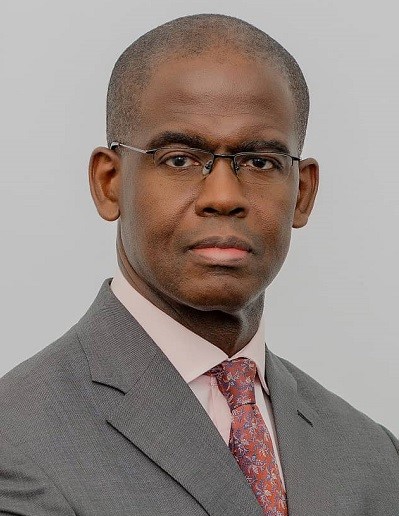… calls on African countries to improve transport infrastructure
Prudential Bank has held its 2nd AfCFTA Summit with a call on African countries to improve their transport infrastructure and further develop the insurance sector in order to benefit fully from the implementation of the AfCFTA.
The Managing Director of the Bank, Mr John K. Addo, who made the call at the opening of the event said the statistics indicate that inadequate transport infrastructure adds around 30-40 per cent to the cost of goods traded among African countries.
“It is therefore imperative that the needed focus is given to transport infrastructure and insurance to drive the smooth implementation of AfCFTA,” he said.
The Summit was held under the theme “Assessing the Impact of Transport and Insurance on AfCFTA Implementation”.
Guests at the event included Mr Kwasi Abeasi, Board Chairman of the Ghana Investment Promotion Centre and Mr Farouk Wahab, a consultant in international diplomacy.
Mr Addo stated that Africa, the world’s 2nd largest and 2nd most populous continent in the world with a land area of 30.4 million sq km. and a young and growing population with the fastest urbanisation rate in the world is expected to develop a strong manufacturing sector with the associated economic development and trade opportunities which African countries can take advantage of.
The panellists at the summit included Dr Daniel McKorley, chairman of McDan Group of Companies, Mr Andrew Achampong-Kyei, MD of GLICO General Insurance Company Limited, Dr Joseph Obeng, president of the Ghana Union of Traders Association, Mr Ibrahim Musa, Executive Secretary of the Joint Association of Port Transport Union and Mr Ebow Quayson, Ag. Executive Head -Business at Prudential Bank.
During the discussions, Dr McKorley indicated that the Free Trade Agreement is the most important development to take place on the African Continent.
He said, from his experience of transporting goods to about 70 per cent of African countries, there is a clear indication that Africans need the Free Trade Area but there are some challenges that need to be addressed.
“One of the major problems some countries will face is a decline in government revenue as the revenues of most West African countries come mainly from customs duties,” he said.
Mr Musa indicated that there has been engagement between the members of the Joint Association of Port Transport Union and the Customs Division of the Ghana Revenue Authority on the documentation requirements at the borders with regards to transportation of goods across African countries under the AfCFTA agreement.
He said the members of the Association feel encouraged because this agreement appears to be different from how the ECOWAS arrangement was implemented and there is member engagement in all policy discussions.
Mr Musa however said that more needed to be done in educating stakeholders on the implications of the Free Trade Agreement to enable them develop their understanding.
Mr Quayson indicated that for businesses to benefit from the Free Trade Agreement, African governments would have to ensure that adequate transportation infrastructure was provided to ease movement of goods from one country to another.
Mr Achampong-Kyei indicated that the Free Trade Agreement would result in increased economic activities with insurance protection as an integral part.
Dr Obeng indicated that members of the Ghana Union of Traders Association are not dealing with the African Continental Free Trade Area in isolation but are also trading with other countries outside Africa where there are relatively better incentives such as 180 days suppliers’ credit which is attractive.










